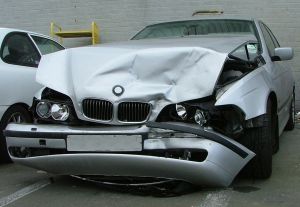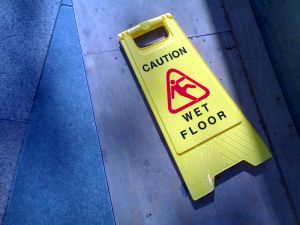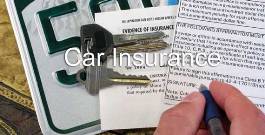 It is customary in Florida for those wishing to settle workers’ compensation cases to be required to execute a voluntary resignation document. Typical resignation language will make it virtually impossible for the former employee to maintain a viable claim for unemployment compensation benefits. To avoid this consequence, language must be added to the effect that entitlement to unemployment compensation is not being waived,
It is customary in Florida for those wishing to settle workers’ compensation cases to be required to execute a voluntary resignation document. Typical resignation language will make it virtually impossible for the former employee to maintain a viable claim for unemployment compensation benefits. To avoid this consequence, language must be added to the effect that entitlement to unemployment compensation is not being waived,
This action led to a positive outcome for the applicant in Sullivan v. Florida Unemployment Appeals Commission (1st DCA; opinion filed May 15, 2012). In its initial form, the resignation language associated with the workers’ compensation settlement was silent on the issue of unemployment compensation. Ms. Sullivan refused to sign the form. Accordingly, her lawyer added the following language:
“Employer/Carrier will not contest Claimant’s application or request for unemployment benefits.”
The employer did not contest the language, allowing it to become part of the overall workers’ compensation settlement agreement. Thereafter, Ms. Sullivan applied for UC benefits. She was denied at the hearing level and by the Unemployment Compensation Appeals Commission. However, the 1st DCA reversed those holdings, siding, instead, with Ms. Sullivan.
The reasoning behind the holding in Sullivan is set forth in Rodriguez v. Florida Unemployment Appeals Commission, 851 So. 2d 247 (Fla. 3d DCA 2003):
Employers are to be held accountable for their actions and representations to employees, particularly when modifying terms of at-will employment and when seeking participation in voluntary layoffs, buyouts or other company initiated programs. Here [the claimant] received verbal and written representations from [the employer] about the uncertainty of her job and of a buyout package with a list of benefits, as well as assurances of eligibility for other benefits, i.e., unemployment compensation. These assurances by [the employer] were not wrongful but were designed to encourage or induce the acceptance of the voluntary buyout. Given the circumstances here and the liberal purpose of the statute authorizing unemployment benefits, the requirement of “good cause attributable to the employer” was satisfied.
 Florida Injury Attorney Blawg
Florida Injury Attorney Blawg










